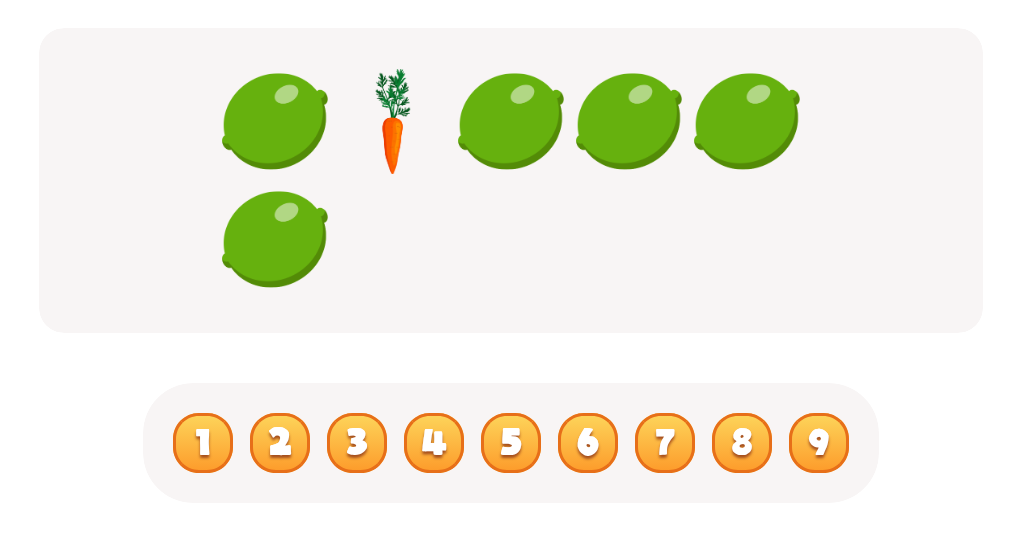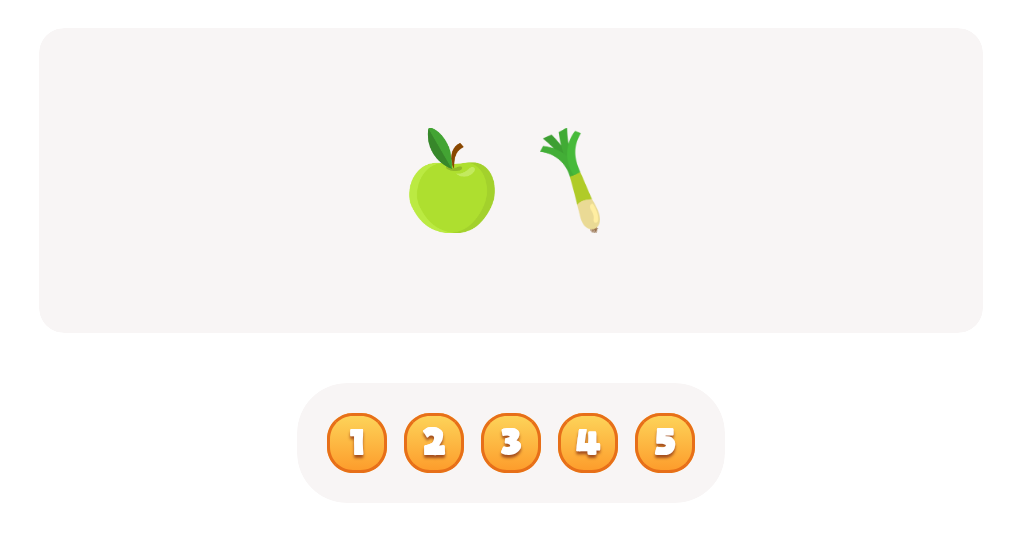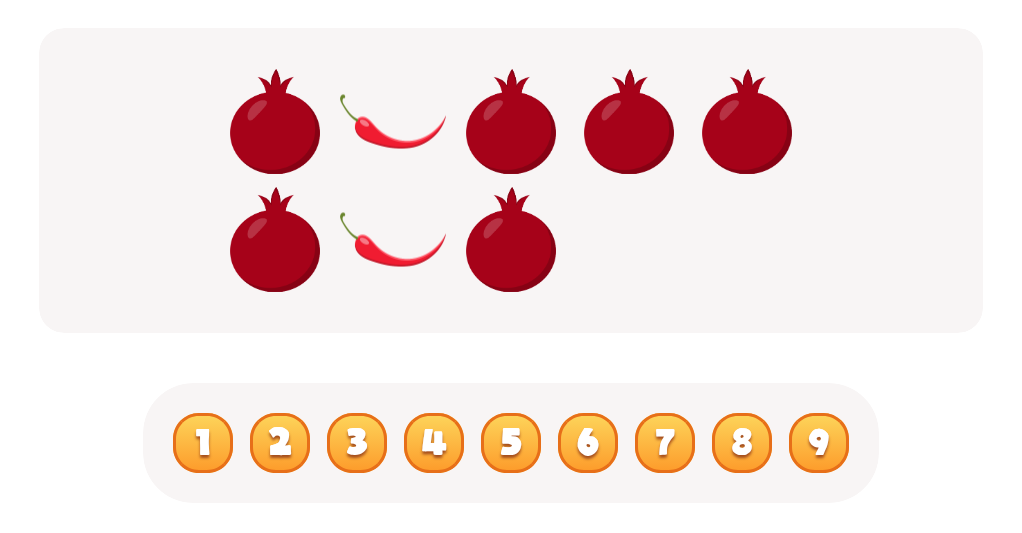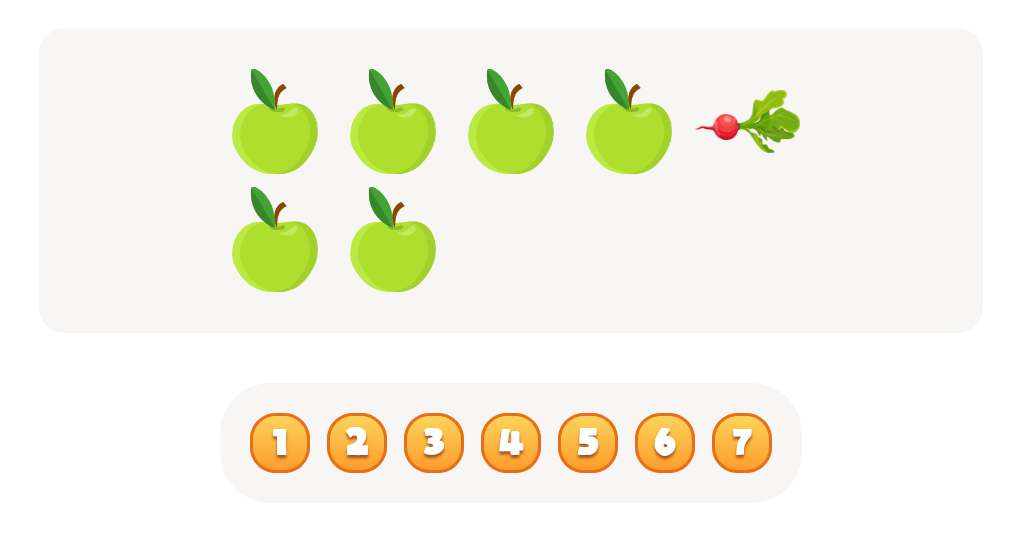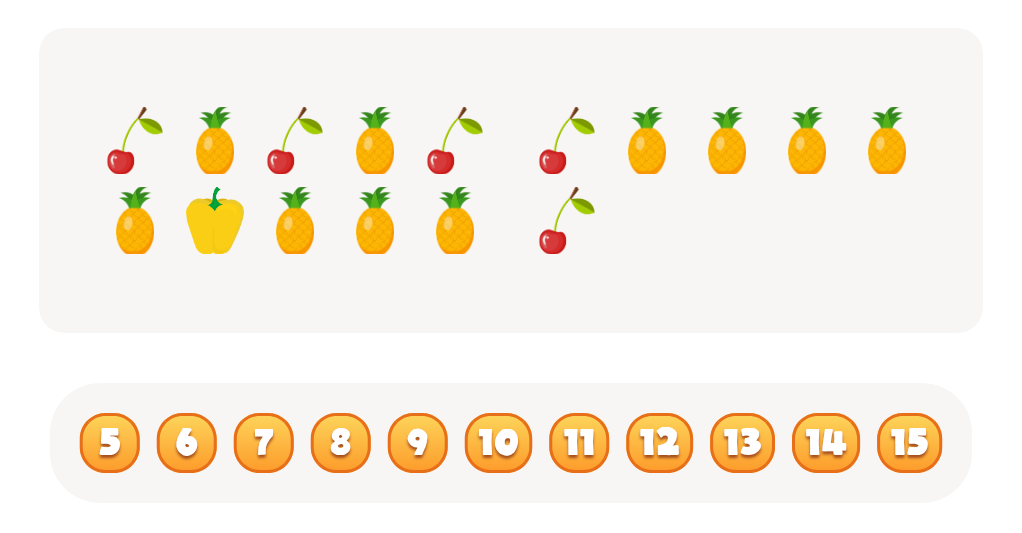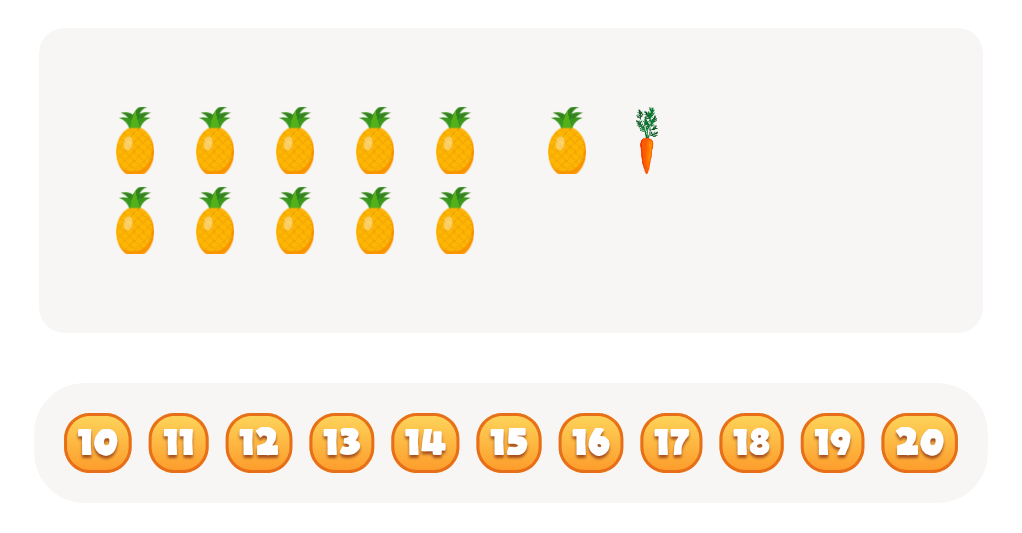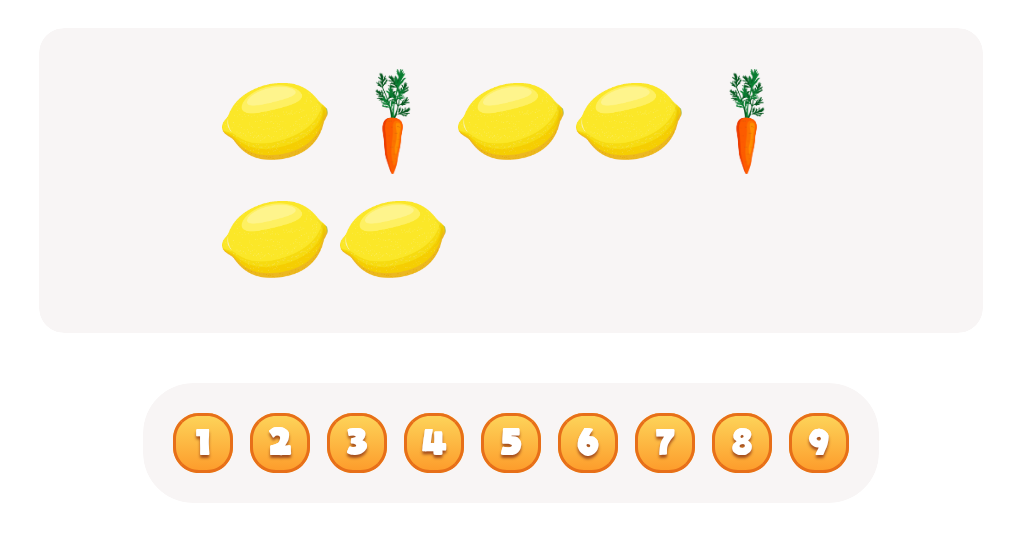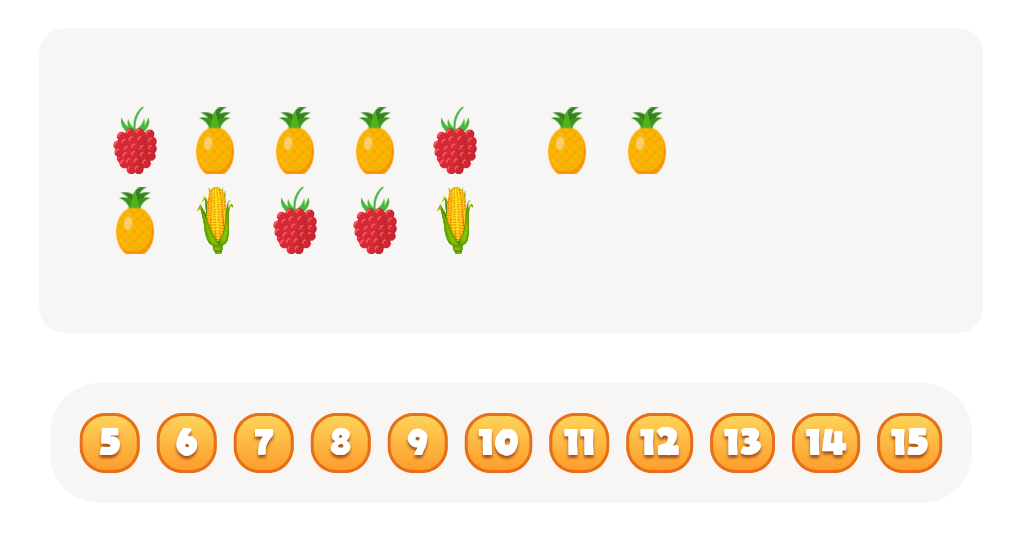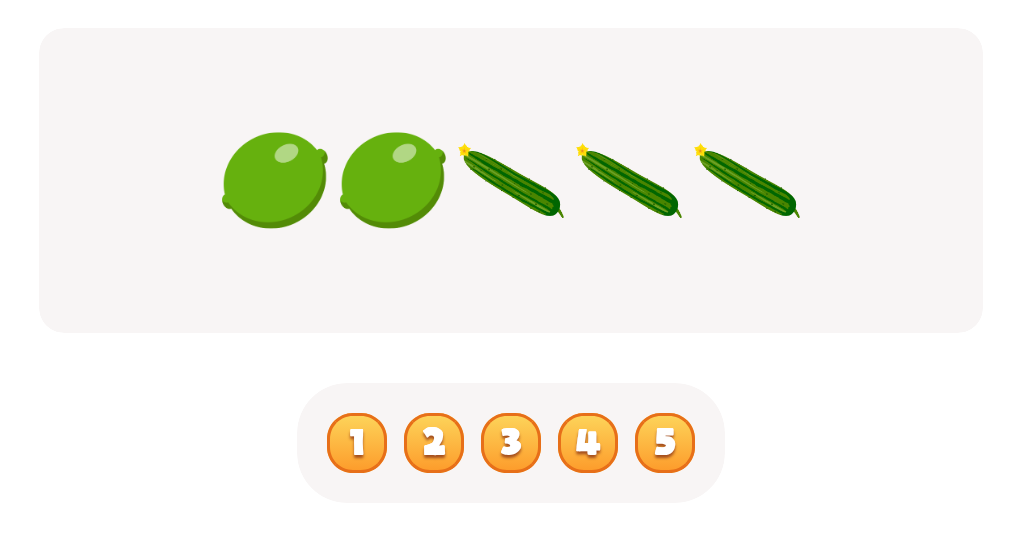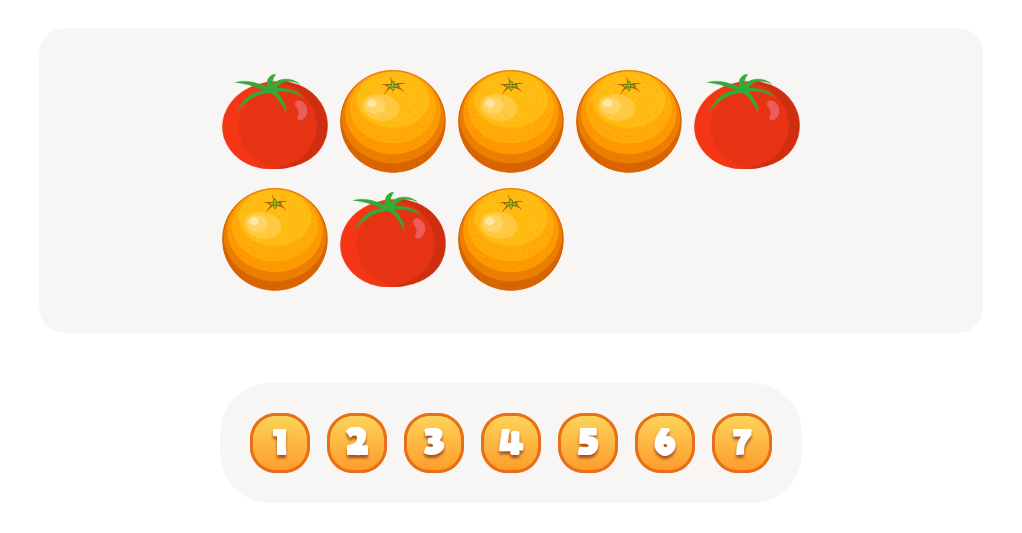Logical Reasoning Normal Plants and Animals Worksheets for Ages 3-9
5 filtered results
-
From - To
Explore our engaging "Logical Reasoning Normal Plants and Animals Worksheets" designed for children ages 3-9! These worksheets foster critical thinking skills through fun and interactive activities focusing on the fascinating world of plants and animals. Each worksheet encourages young learners to observe patterns, identify relationships, and solve problems while enhancing their understanding of nature. Perfect for home or classroom use, these resources are aligned with early childhood education standards and cater to various learning styles. Help your child develop essential logical reasoning abilities while enjoying hands-on science exploration with our carefully crafted worksheets. Begin their adventure in learning today!
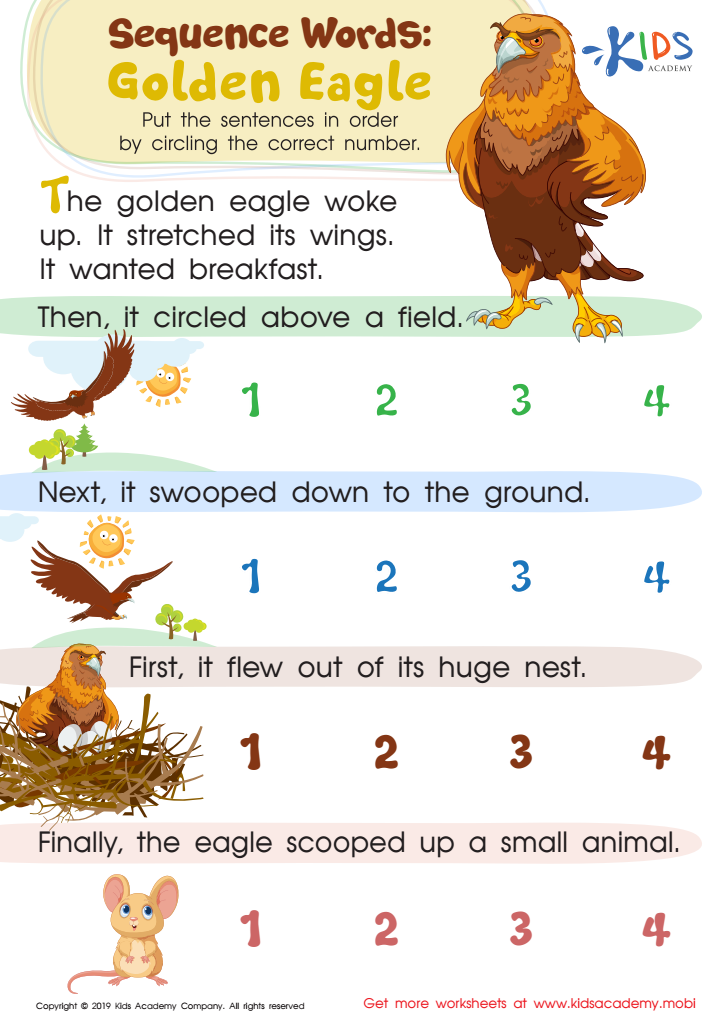

Sequence Word Eagle Worksheet


Sorting Animals in 3 Groups Worksheet
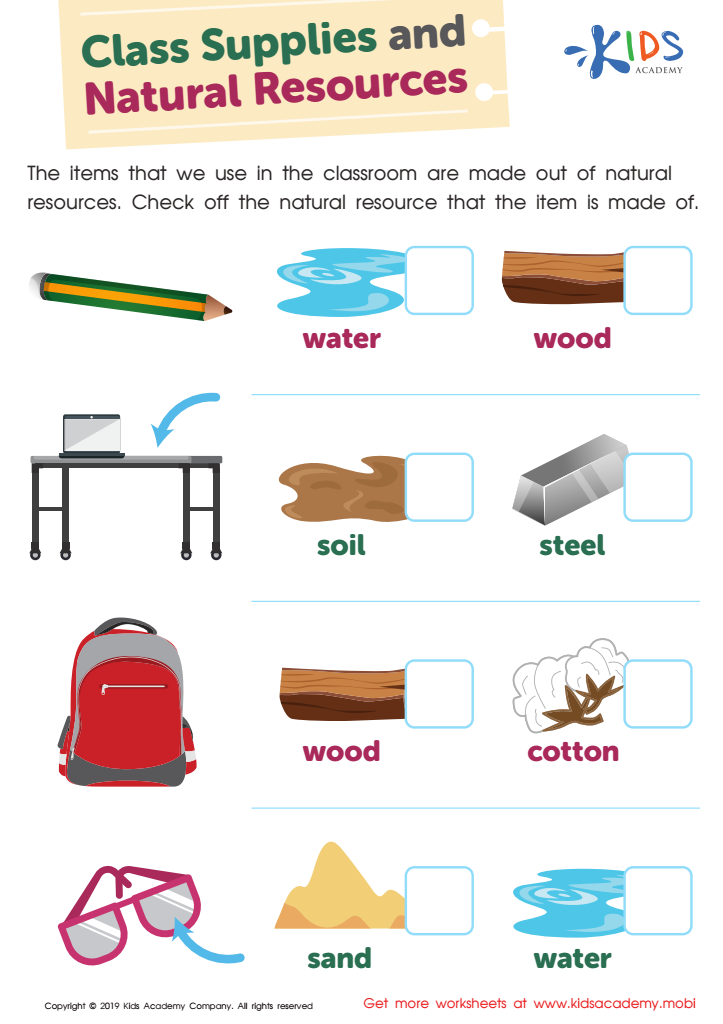

Class Supplies and Natural Resources Worksheet
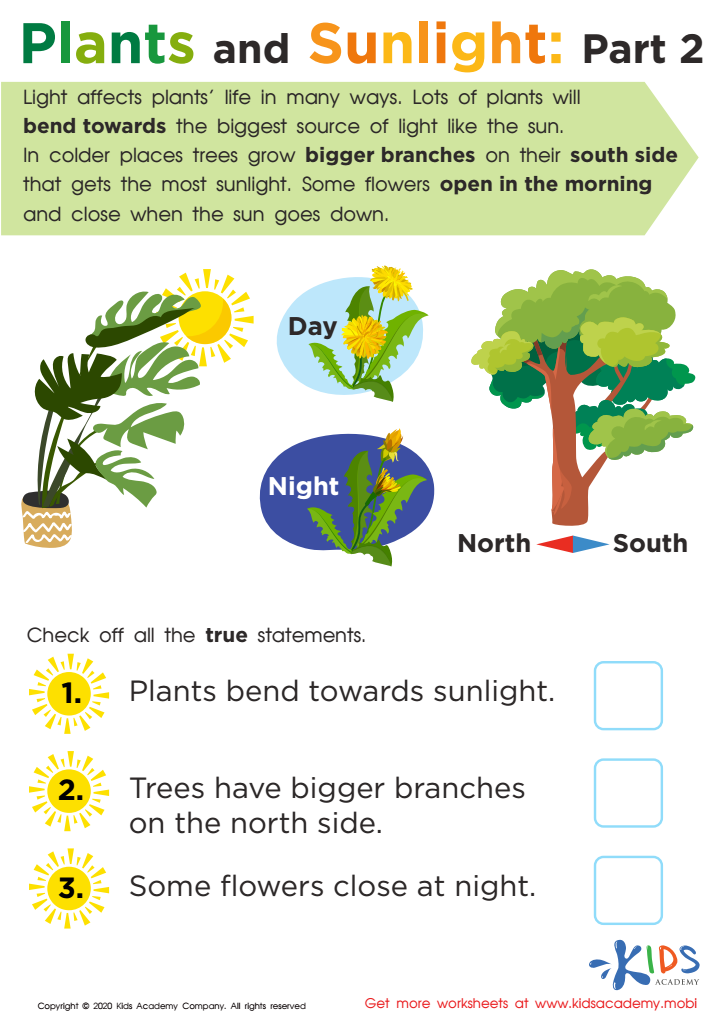

Plants and Sunlight: Part 2 Worksheet
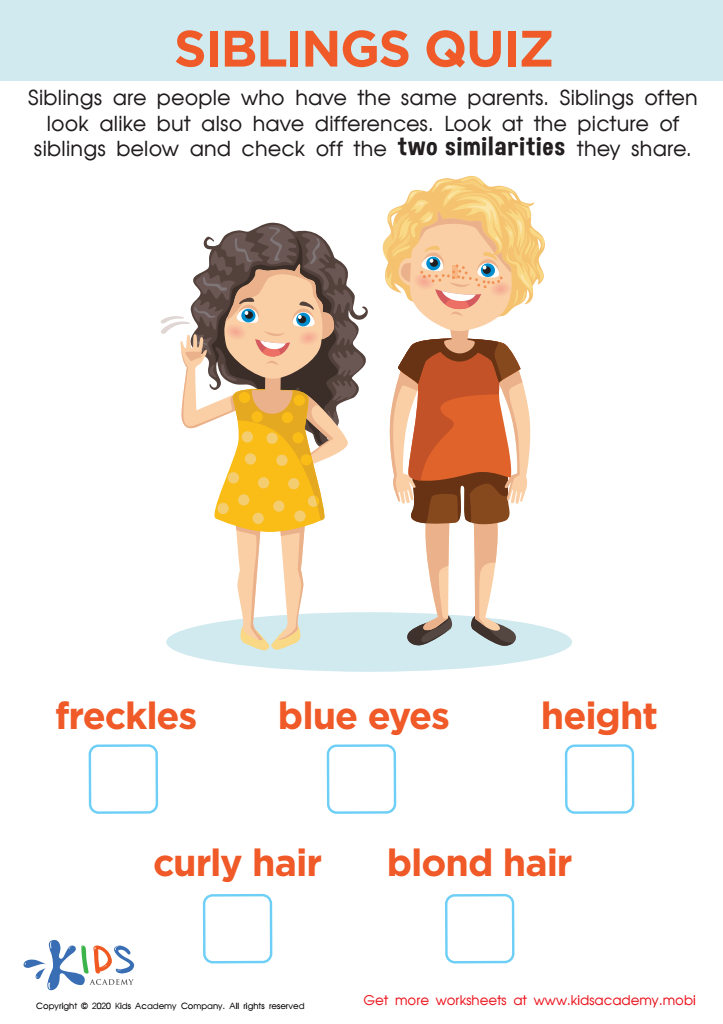

Siblings Quiz Worksheet
Logical reasoning is a fundamental skill in early childhood development, shaping how children understand and interact with the world. For ages 3-9, engaging with concepts related to plants and animals helps enhance critical thinking, problem-solving abilities, and cognitive skills. Parents and teachers should care about this because early exposure to logical reasoning through nature-based learning can foster curiosity and a love for learning in children.
Integrating logical reasoning with plants and animals encourages kids to ask questions, make observations, and form connections. For example, understanding how plants grow or how animals adapt to their environments can lead to discussions about life cycles, ecosystems, and conservation, stimulating both reasoning and empathy for the natural world.
Moreover, linking these concepts to real-life situations enables children to practice their reasoning skills in context. Activities such as sorting leaves, categorizing animals, or observing changes over time provide hands-on experiences that reinforce critical thinking.
By prioritizing logical reasoning related to plants and animals, parents and educators lay a solid foundation for lifelong learners who are equipped to navigate more complex ideas in the future. Ultimately, nurturing these skills can lead to well-rounded, environmentally aware citizens who appreciate the interconnectedness of life.
 Assign to My Students
Assign to My Students
